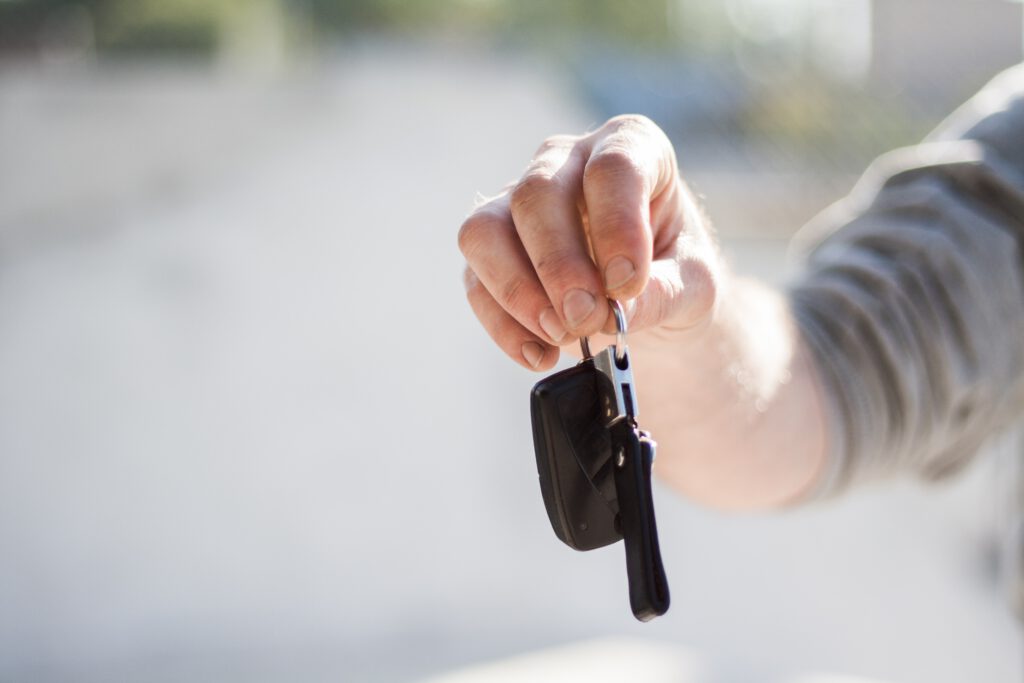Knowing when it’s time to stop driving

Collaborative Post
Driving gives you independence and autonomy over your day-to-day life. However, at some point, you have to give up driving – whether it’s to old age or a health condition. There is no legal age in the UK for when you must give up driving. It is your responsibility to monitor your health condition and ability to drive. Many people resist handing in their licences because of all the benefits driving can give us.
Once you reach the age of 70, you must renew your driving license every three years. If your health or eyesight suddenly declines, you must inform the Driver and Vehicle Agency as soon as possible. This includes new health conditions and any previous ones that have worsened. Your declining health could pose a risk to other drivers on the road and surrounding pedestrians.
If you are in an accident, which your health condition might have caused, you could risk prosecution. Your insurance is unlikely to cover you, and you could be in a difficult situation.
If your physical health starts to decline rapidly, it might be time to stop driving, no matter your age. Drivers of all ages should be mindful of deteriorating health conditions, such as poor eyesight and reaction times. Your loved ones can help you adjust to these health conditions – for example, they could invest in a wheelchair accessible vehicle to help you get around.
Older drivers tend to become more stressed than usual when driving. You may find it difficult to operate a vehicle or navigate the road. You could also start experiencing more near misses or having minor accidents more frequently. You might find it hard to pay attention to the road and avoid distractions as you age. You might get lost easily in places you used to drive around easily. All of these situations are signs that it might be time to hang up your car keys for good.
If you are concerned about your driving ability, you need to address the situation. Have a conversation with your loved ones about the reasons you are worried about your driving. They may have noticed things as well and will be glad that you brought it up. Your loved ones can help you to make a plan on how to move forward. For example, they could organise another driving test for you to assess your driving skill. Or, if you have decided to stop driving altogether, they can help organise alternative ways for you to get around. You could look into some local taxi services and public transport methods.
Giving up driving can feel like a major milestone in your adult life. It’s important to put the safety of yourself and others above all else.
Image: Pexels.

